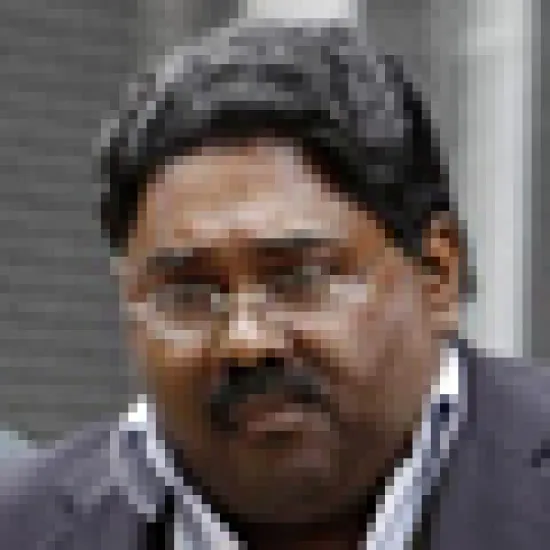
Feds Crack Down on Three Hedge Fund Firms
When will the next shoe drop in the ever-widening investigation into insider trading?
Stephen Taub
December 23, 2010



